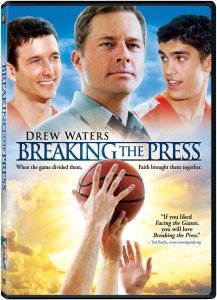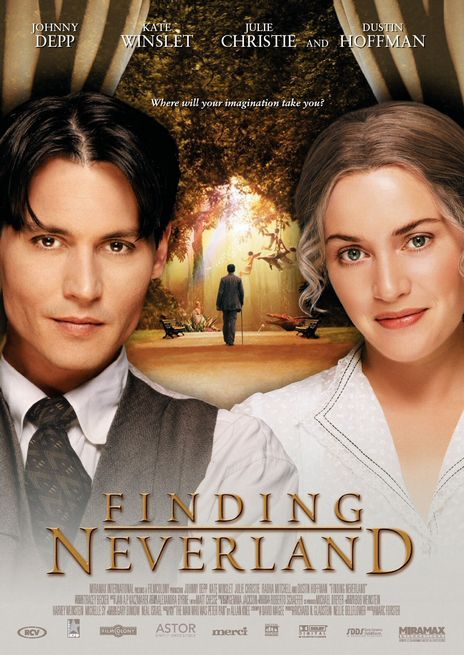
Great Hymns of the Faith: And Can It Be
By John Michael Luther, Christian and composer
And Can It Be: by Charles Wesley (1707-1788)
Charles Wesley was born prematurely December 18, 1707. His mother Susana lovingly took care of him and kept him alive. He was educated at Oxford, and it was there he became interested in spiritual things. He and his brother John went to America as missionaries. Neither he nor John had a true conversion experience, and Charles became an utter failure. He was demanding, and on one occasion, someone actually fired a gun at him.
In spiritual crises, the brothers left America and began attending services at Moravian gatherings once they returned home. At one point, Charles became ill. It seems that Charles was convalescing in the home of a friend, John Bray, when he heard a voice saying, “In the name of Jesus of Nazareth, arise and believe, and thou shalt be healed of all thy infirmities.” It is believed to have been said by Bray’s sister who was commanded in a dream to say these words. Charles, hearing these words, got out of bed, sparked by a conviction he had never felt before, and opened his Bible to Psalms 40:3, where he found, “He has put a new song in my mouth, even praise to our God.” He also read Isaiah 40:1, “Comfort ye, comfort ye my people saith your God.”
Before Charles’ conversion, he longed for assurance of forgiveness. In his journal, he wrote, “The small inward voice whispers all my sins forgiven,” and also, “I have found myself at peace with God, and rejoiced in the hope of loving Christ. I saw that by faith I stood.” Wesley came to rest in his faith, knowing that we are saved by faith. Soon after this conversion experience, he wrote in celebration of the “amazing love” he had come to know, “And Can It Be That I Should Gain.” The imagery he uses in each stanza is poignant.
In the first stanza, the exclamation, “And can it be that I should gain an interest in the Saviour’s Blood!’ In Wesley’s poetic style, these words are followed by the rhetorical question, “Died He for me—who caused His pain?”
Stanza 2 imagines angels attempting to explore God’s love. “Tis mercy all! Let earth adore, let angel minds inquire no more.” They, however, admit defeat in their effort. No doubt a reference to Peter 1:12, which describes the Gospel as “good news . . . into which angels long to look.”
Stanza 3 deals with Christ’s incarnation and passion: “He left His Father’s throne above and bled for Adam’s helpless race.” Stanza 4 narrates Charles’s own conversion, saying, “Long my imprisoned spirit lay” and “My chains fell off, my heart was free,” with particular reference to Peter’s rescue from prison in Acts 12:6-11. In Stanza 5, “No condemnation now I dread” alludes to Romans 8:1 (NIV), which says, “Therefore there is now no condemnation for those who are in Christ Jesus.” It is not the poetry alone which permeates this marvelous text, but it is an expression of a soul set free. The refrain expresses the entire poem: “Amazing Love! How can it be that thou, my God, shouldst die for me?”
And can it be that I should gain
An interest in the Savior’s blood
Died He for me, who caused His pain
For me, who Him to death pursued?
Amazing love! How can it be
That Thou, my God, shouldst die for me?
Amazing love! How can it be
That Thou, my God, shouldst die for me?
He left His Father’s throne above
So free, so infinite His grace
Emptied Himself of all but love
And bled for Adam’s helpless race
‘Tis mercy all, immense and free
For O my God, it found out me!
Amazing love! How can it be,
That Thou, my God, shoudlst die for me?
Long my imprisoned spirit lay,
Fast bound in sin and nature’s night
Thine eye diffused a quickening ray
I woke, the dungeon flamed with light
My chains fell off, my heart was free
I rose, went forth, and followed Thee
Amazing love! How can it be
That Thou, my God shouldst die for me?
No condemnation now I dread
Jesus, and all in Him, is mine
Alive in Him, my living Head
And clothed in righteousness divine
Bold I approach the eternal throne
And claim the crown, through Christ my own
Amazing love! How can it be
That Thou my God, shouldst die for me?
Questions or comments? Please write to us here.


 - Content:
- Content: 
 – Content:
– Content: 
